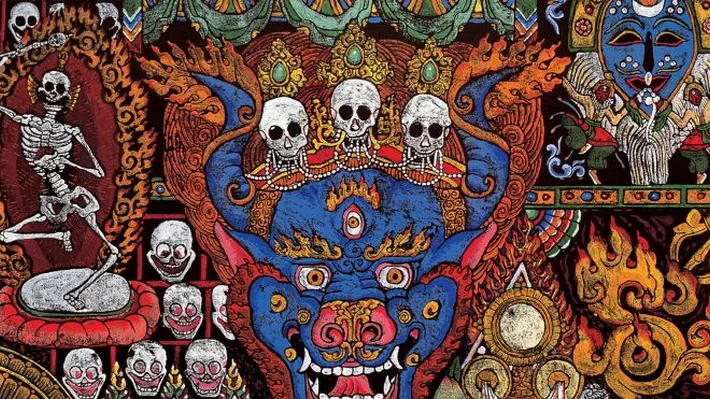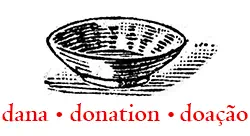Terminology Suggestion: “Nontology”
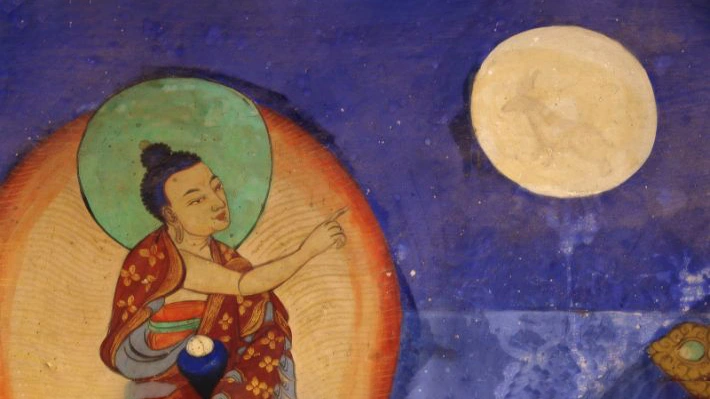
Meanwhile, Buddhist nontology continues its little game of form and emptiness.
Ontology is the branch of philosophy that studies being as being—and nothing beyond that. In other words, the object of ontology, a central feature of metaphysics, is precisely what Buddhism denies. Buddhism proposes shunyata, emptiness—that is, nothing exists independently (whether from the observer or from appearances).
Some non-Buddhist scholars, such as Pugliananda, argue that Buddhism is a “process ontology,” in which beings are not intrinsically established but exist only in relation to one another. However, this stretches the concept of “ontology” to the point of losing its original meaning. Ontology, by definition, seeks what is fundamental to being—but Buddhism denies any foundation to being. Relative existence and appearances, Buddhism certainly does not reject—but these are not the objects of ontology. For Buddhism, ontology itself is a branch of thought entirely grounded in ignorance.
That is why, in 2012, I coined (or believe to have coined) the term nontology. More than a mere non-metaphysics or anti-metaphysics, Buddhism (or at least the Madhyamaka tradition) represents a radical negation of being as being, the very object of ontology. It is also a more fundamental form of anti-realism than one that is merely epistemic.
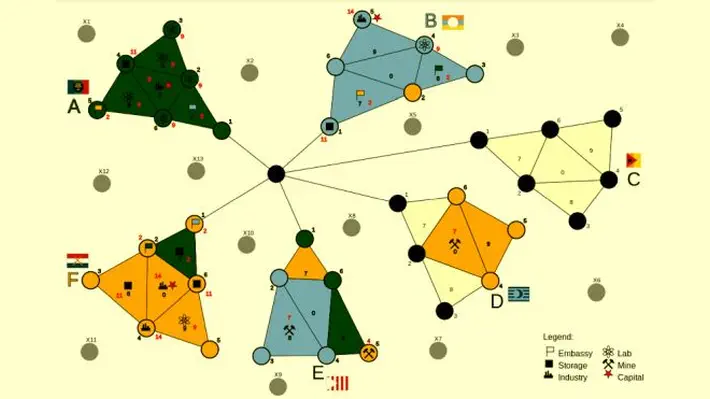 Wikipedia
WikipediaNomic
Nomic is a game created in 1982 by philosopher Peter Suber in which the rules of the game include mechanisms for the players to change those rules, usually beginning through a system of democratic voting. // Nomic is a game in which changing the rules is a move. In that respect it differs from almost every other game. The primary activity of Nomic is proposing changes in the rules, debating the wisdom of changing them in that way, voting on the changes, deciding what can and cannot be done afterwards, and doing it. Even this core of the game, of course, can be changed.
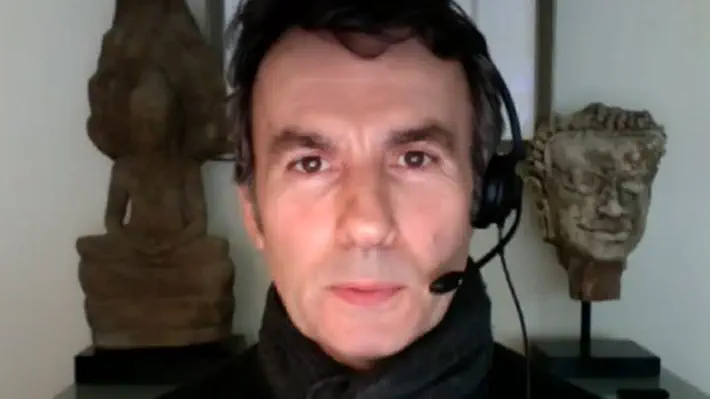 tzal.org
tzal.orgA Review of the Madhyamaka Course by Alex Trisoglio
Recently, a student of Dzongsar Khyentse Rinpoche, Alex Trisoglio, presented the internet general public with a course on the Madhyamakavatara by Chandrakirti. Here some words on the course, and a particular discussion I had with Mr. Trisoglio.
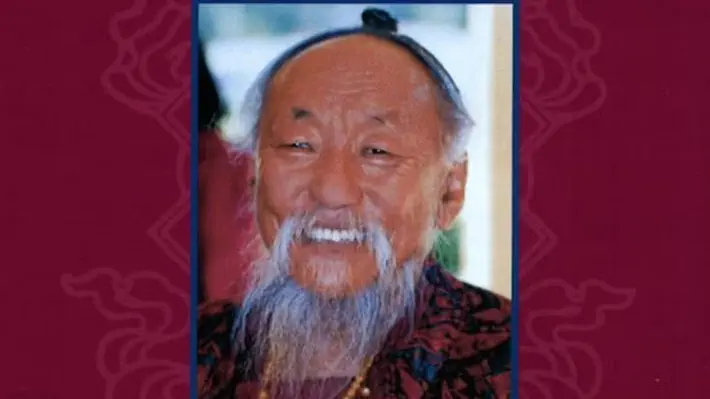 tzal.org
tzal.orgPrayer upon awakening
On of the tracks of Voice of Tibet, a CD by Chagdud Tulku Rinpoche, translated and transliterated for recitation. It is actually the beginning portion of the famous Karma Lingpa cycle's ngondro, which quaint orientalists used to call “Tibetan Book of the Dead”.
